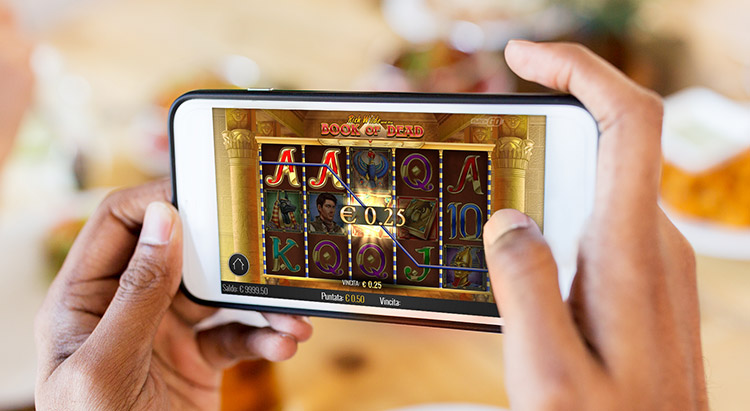Lottery Gambling – A Gateway to Philanthropy and Giving Back
Lottery gambling often evokes mixed emotions, ranging from excitement and hope to skepticism and criticism. However, an often-overlooked aspect of lotteries is their potential role as a significant avenue for philanthropy and giving back to communities. Unlike many forms of gambling that primarily enrich the operators and shareholders, state-run lotteries in numerous jurisdictions allocate a substantial portion of their revenues to support public programs and charitable initiatives. This symbiotic relationship between lottery gambling and philanthropy can be seen in various ways, highlighting the positive impact that these games can have on society. First and foremost, a significant percentage of lottery proceeds is directed towards funding essential public services, including education, healthcare, and infrastructure. For example, many states earmark lottery revenue specifically for public schools, providing much-needed resources for educational programs, scholarships, and facilities. This funding helps bridge the gap in education budgets, particularly in areas where tax revenues may be insufficient to meet the needs of students.

The ability of lottery funds to supplement these budgets ensures that critical programs can continue to operate, thereby enhancing the quality of education for countless children. Moreover, lottery revenues often contribute to community development projects that improve the overall quality of life for residents. From parks and recreational facilities to public transportation and housing initiatives, these funds can be pivotal in fostering vibrant communities. By investing in local infrastructure, lotteries help create jobs and stimulate economic growth, benefiting both individual citizens and the larger community. This aspect of lottery gambling underscores its potential to act as a catalyst for positive change, turning what is often viewed as a vice into a means of empowerment and upliftment. In addition to supporting public services and community projects, lotteries frequently engage in charitable partnerships, sponsoring various nonprofit organizations and initiatives. Many lotteries actively promote responsible gambling and provide resources for individuals struggling with gambling addiction. Through educational campaigns and support services, they contribute to public health and safety. Furthermore, some lotteries run specific games where the proceeds are dedicated entirely to charitable causes, allowing players to feel a sense of purpose and contribution when participating.
This model not only fosters a spirit of giving but also encourages players to view their participation in a positive light, knowing that their wagers are helping to fund vital services and initiatives. Critics of hai togel lottery gambling often highlight the regressive nature of lottery participation, arguing that it disproportionately affects low-income individuals. However, it is essential to recognize that the funds generated through lottery gambling can significantly enhance the very services that these communities rely on. By redirecting a portion of the gambling revenue towards philanthropic efforts, lotteries can help mitigate some of the negative consequences associated with gambling. In conclusion, while lottery gambling may be seen primarily as a source of entertainment, its potential as a powerful vehicle for philanthropy and community support cannot be underestimated. By funding education, community development, and charitable initiatives, lotteries create a tangible connection between players and the greater good. As society continues to navigate the complexities of gambling and its impacts, recognizing and harnessing the philanthropic potential of lotteries can pave the way for a more positive and constructive relationship with gambling activities.

